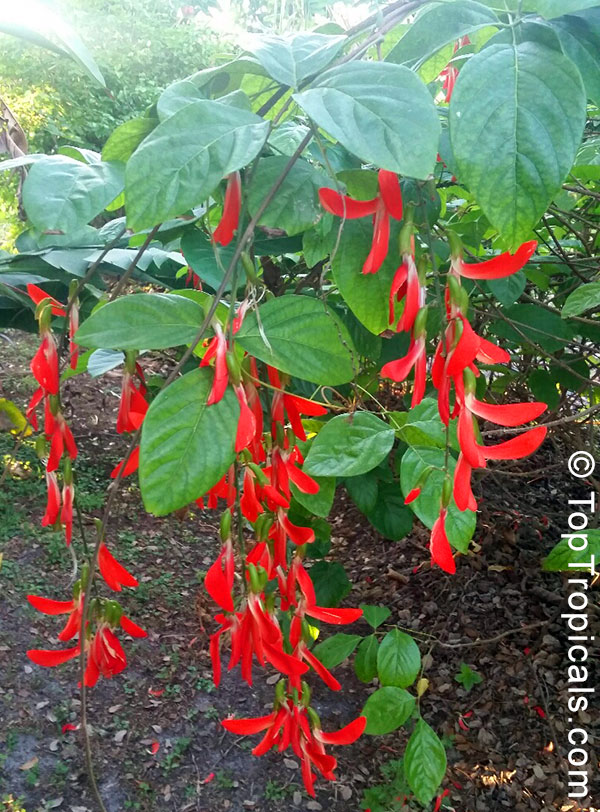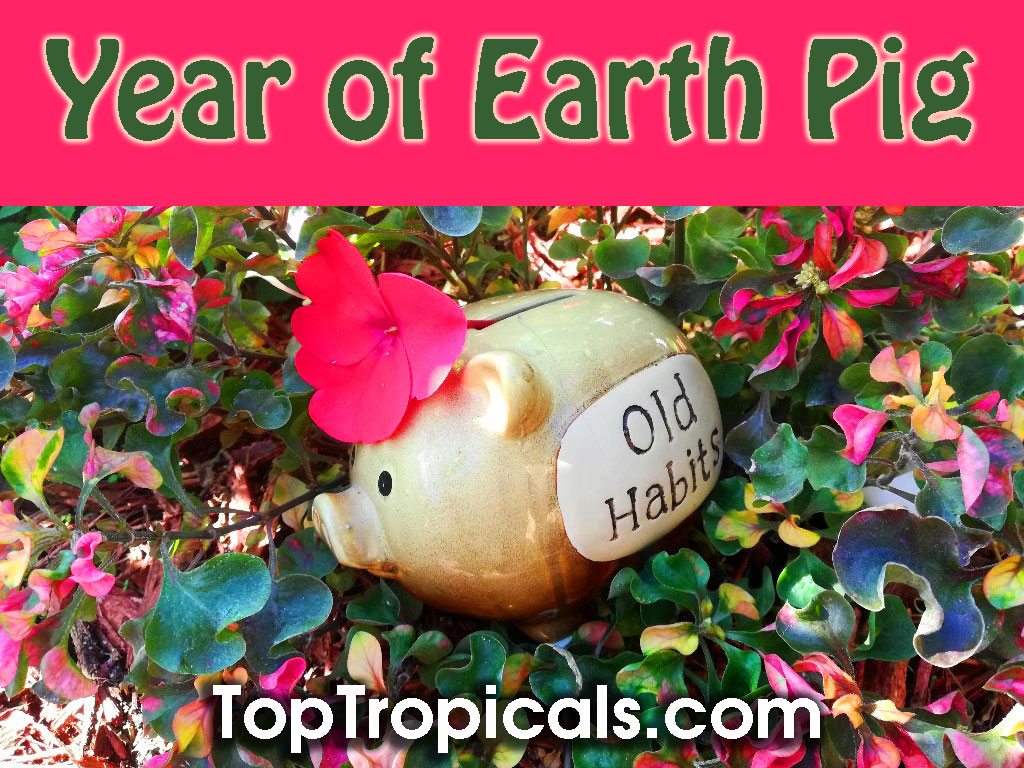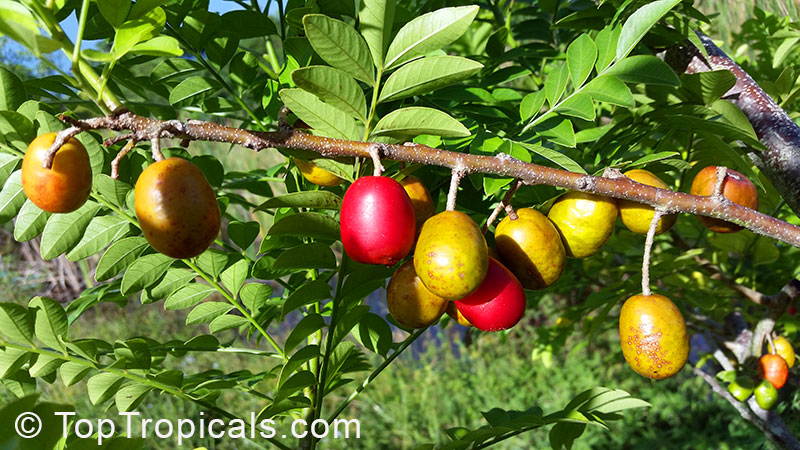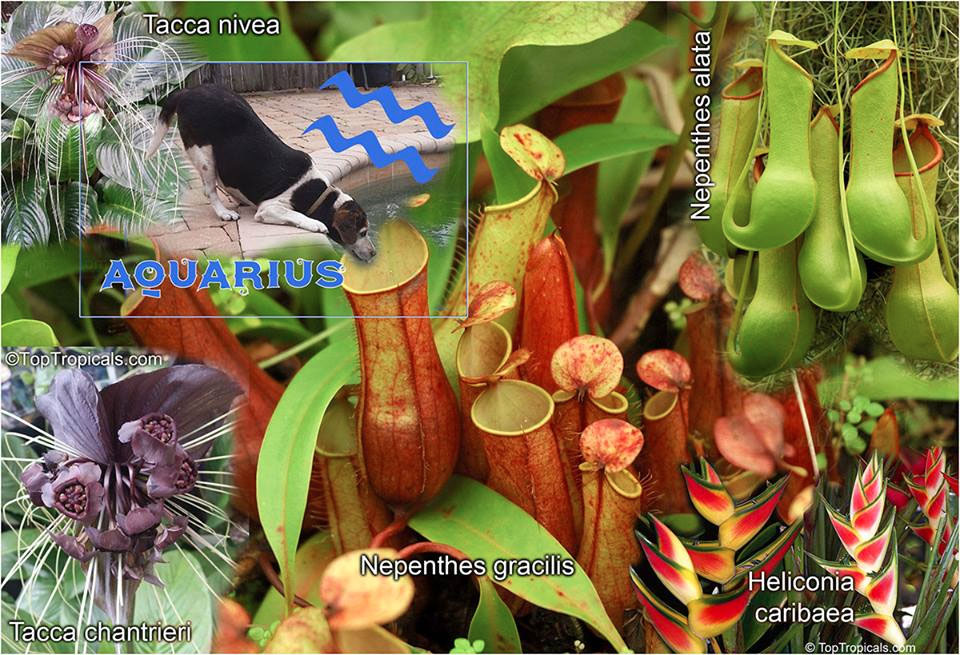Date:
Featured plant. Acalypha pendula, Dwarf Chenille Plant
Strawberry Firetails, Dwarf Cat Tails, Kittens Tail...
Everybody wants this plant! Acalypha pendula, Dwarf Chenille Plant gets
its common name from the fuzzy plumes of tiny, foxtail-shaped bright red
flowers that trail above a thick mound of small, serrated leaves. Given enough
light, this plant blooms nearly year-round! The blossoms that begin as wispy
buttons and elongate into fuzzy cones. At maturity, they become 3-4" long
streamers.
A spectacular plant for a hanging basket, container or ground cover, it
is heat tolerant, great for both hot Southern landscapes or as an easy
houseplant, providing bright light.
Place this unusual house plant on a pedestal stand or pot it in a hanging
basket to show off those eye-catching fuzzy blooms.
This is a dwarf plant that stays small and doesn't need pruning. It's
naturally bushy, so you don't have to pinch its growing tips to get it to
branch out.
A favorite with children, and cats too!
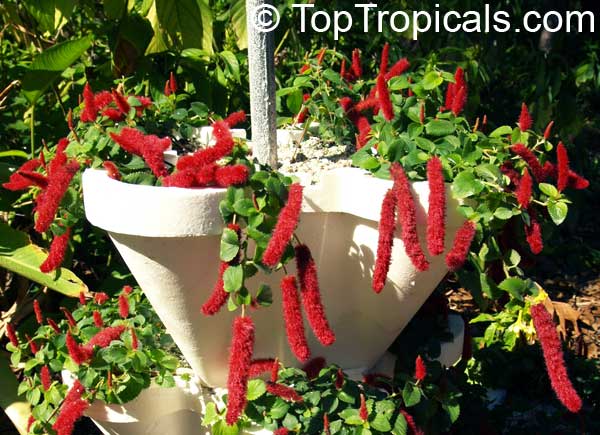

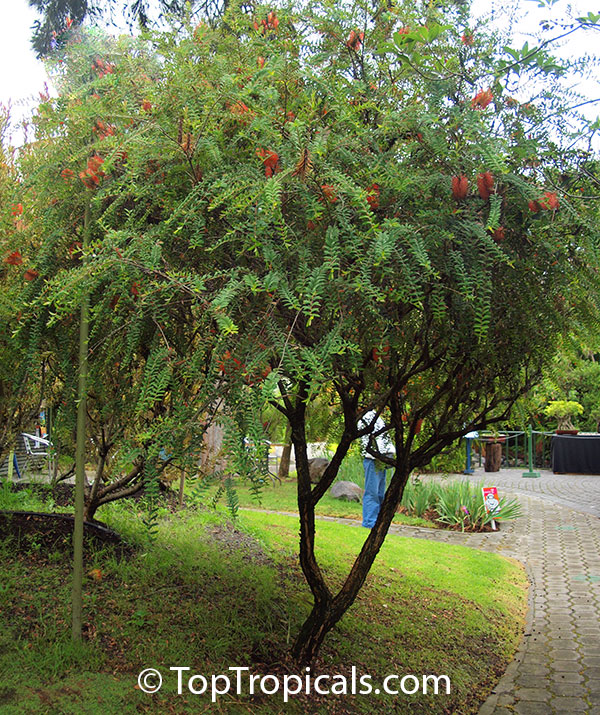
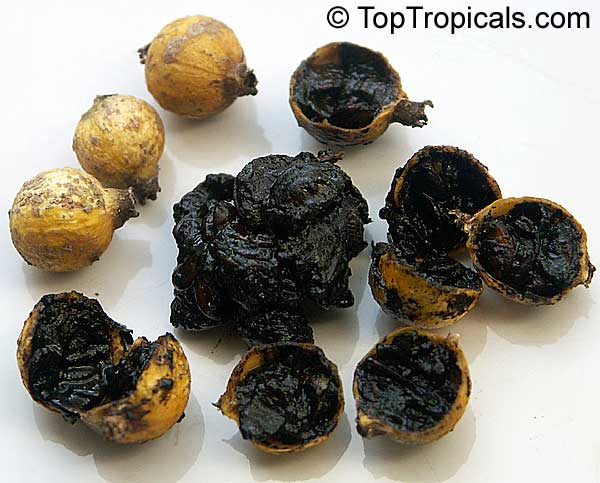
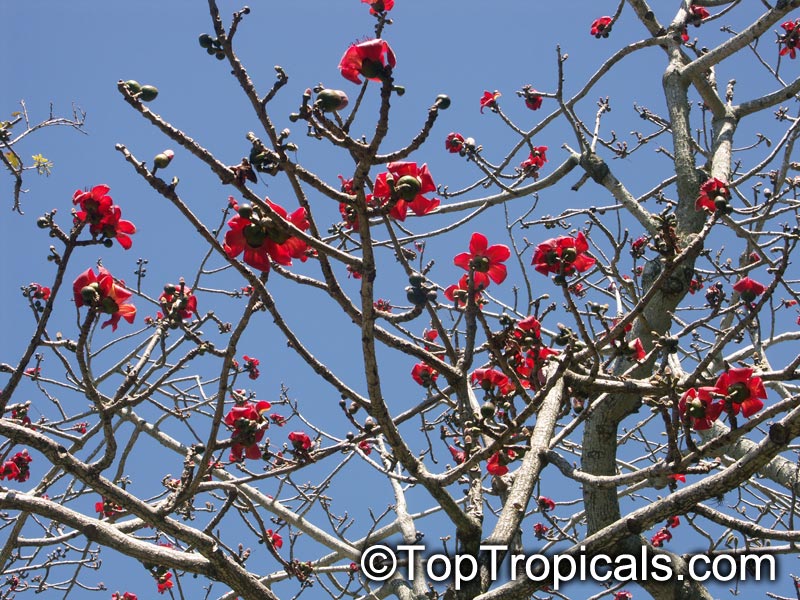
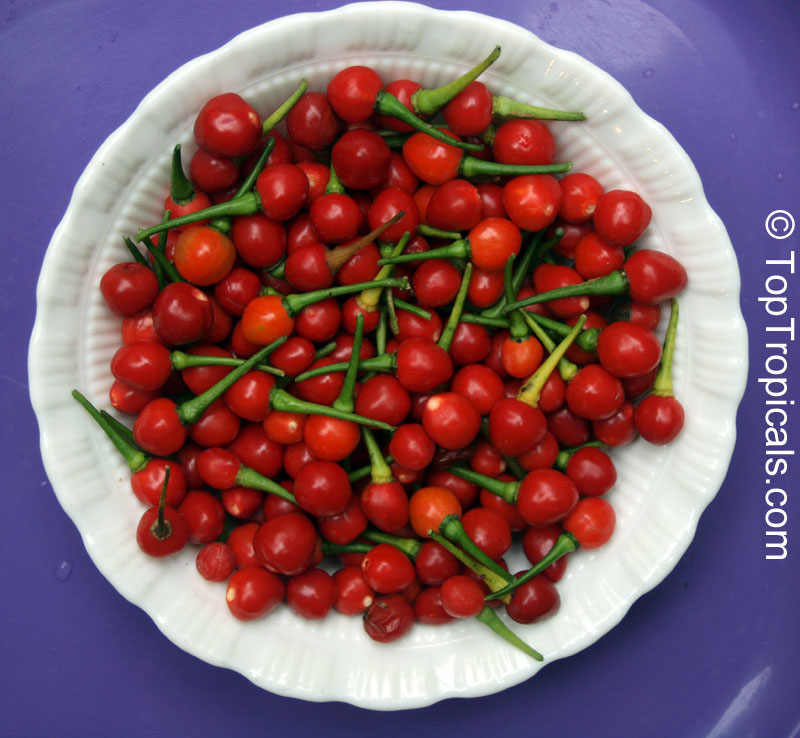
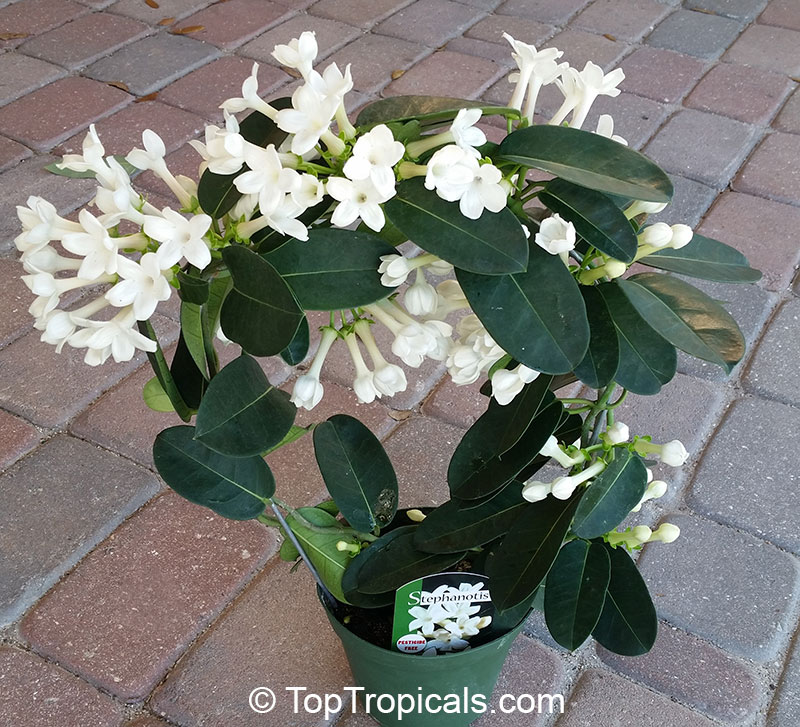
 Question: Could you recommend an easy to grow flowering vine for a
large trellis? Something with a sweet fragrance?
Question: Could you recommend an easy to grow flowering vine for a
large trellis? Something with a sweet fragrance?